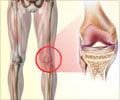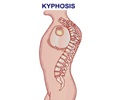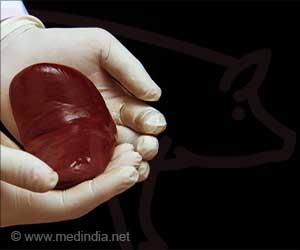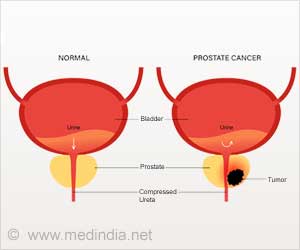Researchers are reporting that a new osteoporosis drug induces the body to rebuild bone and could potentially change the way osteoporosis is treated.

This was borne out in a phase 2 clinical trial that involved 400 postmenopausal women aged 55 to 85 who had osteopenia. The latter is a condition where the patient has low bone mass that is not low enough to be classified as osteoporosis. All patients were randomly assigned to receive romosozumab; a placebo; or one of two current osteoporosis medications for a year.
Results showed that romosozumab increased bone mineral density in the spine by 11.3 percent compared with a 7.1 percent increase with teriparatide, which is a currently used osteoporosis drug. "Most osteoporosis drugs work by stopping the progression of bone loss, but they don't have the capability of rebuilding the skeleton," McClung said. "This really is a new day in the consideration of how we treat osteoporosis, with the capability of truly stimulating bone production and rebuilding the skeleton, not simply keeping it from getting worse."
The study details appear in the Jan.1 online edition of the New England Journal of Medicine.
Source-Medindia















